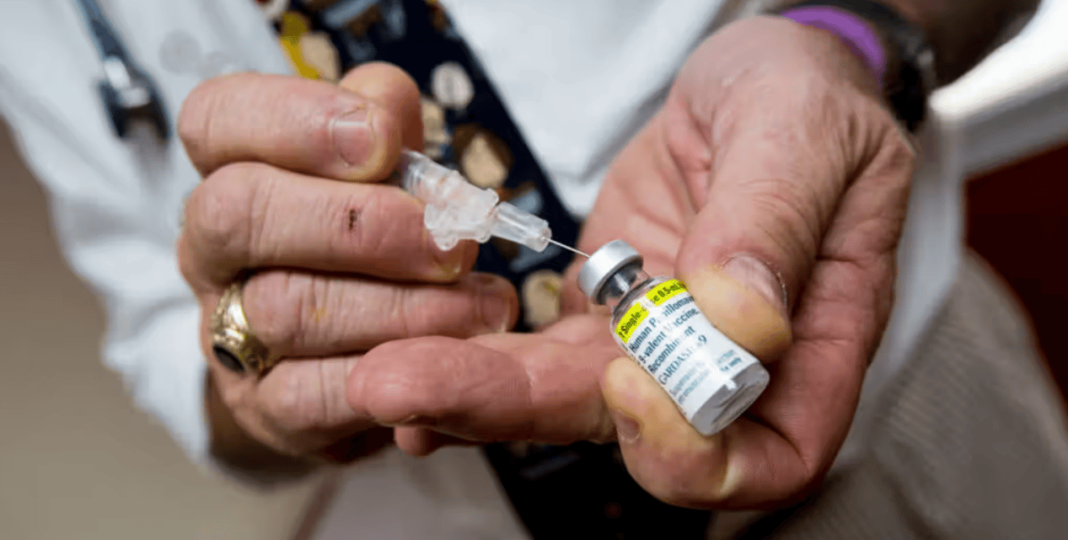According to data from the Centers for Disease Control and Prevention (CDC), certain types of HPV (Human Papillomavirus) can lead to the progression of cancer in both men and women, causing around 36,000 cases of cancer each year. In fact, almost everyone is likely to be infected with HPV at some point in their lifetime.
Now, a new study suggests that receiving the HPV vaccine can reduce the risk of HPV-related cancer by 56% in males and 36% in females. The study results were presented at the American Society of Clinical Oncology Annual Meeting held from May 31st to June 4th this year but have not been published in a peer-reviewed scientific journal yet.
“According to CDC data, the incidence of HPV-related cancer in males is not low, with about 4 out of 10 cases of HPV-related cancer being in males. Over 15,000 males in the United States are diagnosed with HPV-related cancer each year. HPV-related throat cancer is more common in males and is rapidly increasing in developed countries,” said Dr. Daniel Ganges, a medical doctor from the United States. Specifically, HPV is associated with cervical, vaginal, and vulvar cancers in females and penile cancer in males. HPV can also lead to throat and anal cancers in both males and females.
The authors of this new study compared approximately 1.7 million individuals who received the HPV vaccine with a similar-sized and age-matched group who did not receive the vaccine. The researchers found that among every 100,000 vaccinated males, 3.4 cases of HPV-related cancer were observed, whereas in unvaccinated males, the number of individuals diagnosed with HPV-related cancer more than doubled to 7.5 cases per 100,000. For females, the difference was also significant: 11.5 cases of HPV-related cancer per 100,000 vaccinated females compared to 15.8 cases per 100,000 unvaccinated females.
Dr. Ganges stated, “Doctors are aware of the value of the HPV vaccine for males, but the awareness and vaccination rate among males have been relatively low.” Many people believe that HPV only affects females, which is a misconception that may lead to bias against HPV vaccination among males. However, in reality, the HPV vaccine may be more effective for males than for females.


